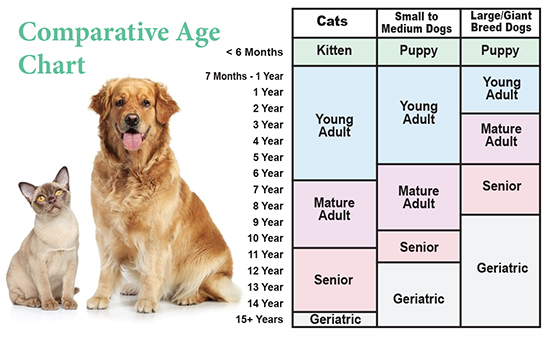
SENIOR HEALTH
As dogs continue to live longer lives due to preventative medicine, new and unique problems arise that 10 years ago were never an issue. Such problems can include arthritis, dental disease, hormone imbalances (hypothyroidism, diabetes), kidney disease, heart disease, and cancer. The most important part of all these conditions is catching it early.
ANNUAL PHYSICAL EXAM
Simple preventative care such as a yearly exam is an extremely important aspect of our senior pet’s health. With a comprehensive physical exam performed annually we can check all the systems and oftentimes catch small changes. For example, veterinarians check the teeth for dental disease and likely will recommend a cleaning if there is any evidence of dental disease. We listen to the heart for any signs of a murmur that may indicate your dog needs to start heart medications. Some dogs may require bi-annual or even more frequent exams as they further age and you should consult with your veterinarian to see what their recommendations are.
DIAGNOSTICS FOR SENIOR DOGS
When you bring your senior dog to the veterinarian, the doctor will discuss things such bloodwork, urine analysis, and imaging. This is so that we can catch arising problems before they become a serious condition. These added costs may seem stressful and expensive, but by identifying problems early we can extend our pets lifespan and increase their quality of life.
BLOODWORK
Something as simple as bloodwork can give us a lot of vital information. Senior bloodwork typically includes a test called Complete Blood Count, Serum Chemistry, and a Thyroid Panel (commonly called CBC/Chem/T4). The CBC evaluates the blood cells including red blood cells, white blood cells, and platelets. These can tell us if there is infection going on, any blood diseases, and many more problems. The chemistry evaluates the liver, kidney, and electrolytes to see if there is any disease in these organs. The thyroid panel measures the level of thyroid hormones circulating in the blood. A common condition in aging dogs is called hypothyroidism and this means that their thyroid is low and it manifests as slowing down, heat-seeking behavior which most owners mistake this as a normal aging change.
URINE ANALYSIS
Analyzing the urine can tell us if the kidneys are functioning right and if there is any sediment in the urine. The function of the kidneys is to concentrate urine and one of the most sensitive tests for kidneys is to see if they are able to concentrate the urine. Urine also can get sediment like crystals in it and a simple diet change can dissolve these crystals and/or prevent new formation of crystals.
IMAGING
Imaging is also a very important diagnostic procedure. Imaging can include ultrasound and x-rays. These can show us abnormalities in the structures of the chest and abdomen. Oftentimes cancerous masses can be found from imaging. Early detection can mean the difference between months and years. It can also help us detect stones in the bladder, kidney disease, and many other pet diseases.
OUR SENIOR PETS
Caring for our senior pets is unique to each individual animal and your personal veterinarian should be consulted on the frequency of diagnostics and exams. Healthcare is not the same for every individual and each pet ages in unique ways. If you ever have any concern for your pets please consult your primary care veterinarian. ©
By Dr. Chauntel Bennett, DVM (University of Tennessee)
www.towncentervet.com
